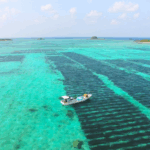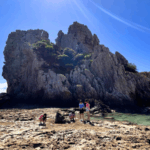If you are planning to incorporate overnight stays into school excursions in Okinawa, there are many choices of places to accept students. But when compared in terms of "depth of cultural exchange," Izena Island stands out from the crowd. It is not a sightseeing-type experience or a scheduled activity, but a "people-to-people face to face time. It is a place where students can experience "meeting someone and facing themselves. That is what the homestay on Izena Island is all about.
The major difference from other regions is in the quality of "how to connect".
You can stay overnight on the main island or on other remote islands. But often, you do the prepared experience, break up on time, have a little conversation, and that's it. This is not the case on Izena Island. The time spent with the host itself is long and deep. Cooking a meal, washing dishes, making small talk. These "casual moments" are the essence of cultural exchange.
Not 'teaching culture' but 'spending time with culture' to deep
Izena's hosts do not take a "teach you" stance. They spend time together, cook together, and laugh together. They are there to ask you, "What do you mean by that? Why do you do that? Conversations naturally start to happen. In other words, instead of "learning about the culture," you can experience "entering into the culture. That is the great thing about staying in Izena.
The exchange doesn't end with a 'final greeting', but with a truly heartfelt relationship.
While many homestays end with a "thank you," at Izena, the relationship naturally develops into "see you again" and "keep in touch. They write letters to their hosts' homes, revisit on their graduation trips the following year, and connect with each other via SNS. For the students, it leaves them with the feeling that they have 'met someone. This is not just an experience, but a 'relationship' in life is born.
The "atmosphere" that has preserved the culture of the island as a whole creates the depth of the experience.
Izena Island is not just a place of beautiful nature and history. There is an atmosphere of "people are still preserving their culture" throughout the island. The sound of the sanshin (Okinawan guitar) line can be heard from somewhere, people tell stories about the old days while looking at the stars at night, and people you meet on the street talk to you in a casual manner. All of these things will shake the sensibilities of the students. In Izena, culture is not an "experience program" but a "daily life.
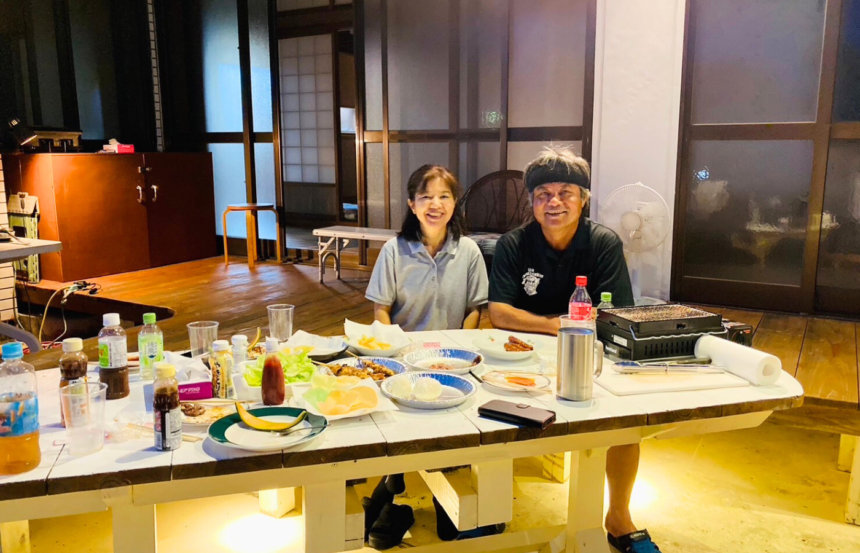


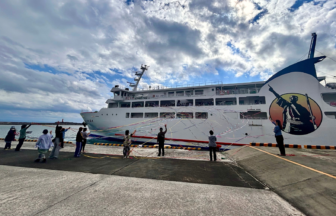
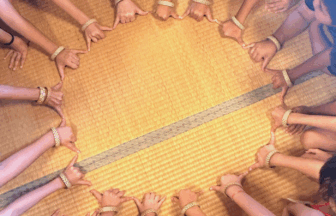
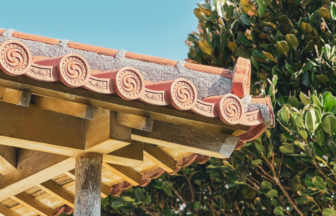
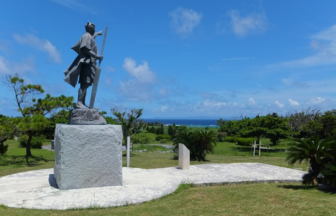
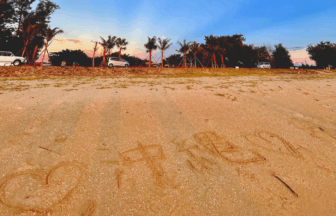
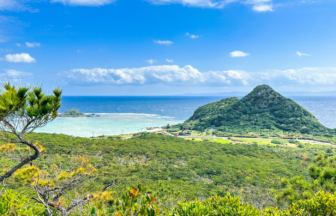

![May 4, 2025 Limited] Banana Boat Experience at Izena Beach! GW Activities for Families](https://izena-kanko.jp/wp-content/uploads/2025/03/bananaboat2025-150x150.png)

